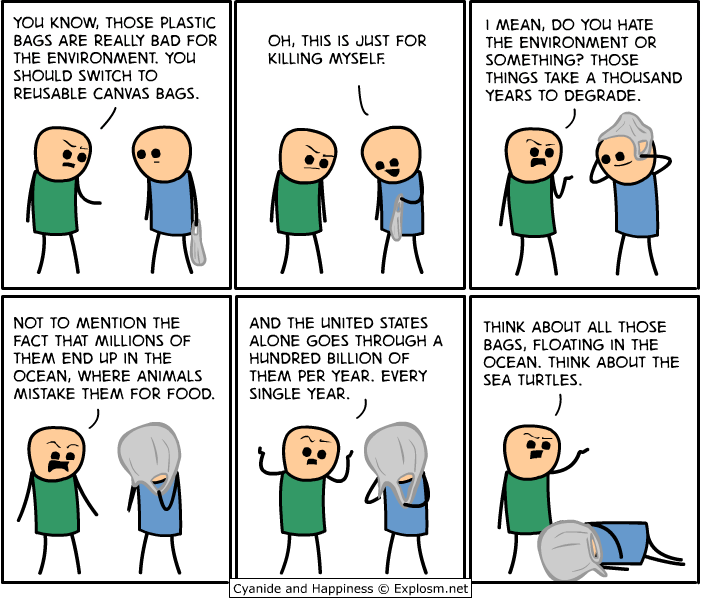My home state of New Jersey has banned grocery stores from giving customers single-use paper and plastic bags. Violators first face a warning, then a $1,000 fine that jumps to $5,000 for their third breach and any thereafter.
This law is a huge inconvenience for most people in the state. How can I tell? Because from my experience, the overwhelming majority of people choose not to walk around with a bag full of reusable bags.
It started with plastic bags. Most people begrudgingly accepted the measure, opting to use paper bags if they were caught shopping without their reusable bags. But it didn’t stop there, it never does. When is enough enough?
Food delivery
What about food delivery? In my town the Whole Foods now conveniently packages your groceries in reusable plastic bags and started charging a $10 delivery fee. If there’s anything a person that orders from Whole Foods regularly needs is a dozen reusable plastic bags every few weeks and $10 added to their bill. I’m not sure what other grocers are doing, but I imagine its the same.
Don’t worry, when the politicians get wind of all the waste reusable bags are creating they’ll likely ban those as well. Soon we’ll be getting our organic avocados catapulted to our door steps one at a time.
It’s not about the environment
Here’s something you may not know: reusable bags are still plastic bags. In fact they’re made of a thicker, denser plastic than single use bags or cotton. Or maybe they’re cotton, which is even worse. Here is how many times you would have to reuse a bag to have equal global warming impact:
paper bags should be used three times
low-density polyethylene bags (the thicker plastic bags commonly used in supermarkets) should be used four times
non-woven polypropylene bags should be used 11 times
cotton bags should be used 131 times.
That’s not too bad. How are grocers doing?
A report from the Environmental Investigation Agency (EIA) and Greenpeace looked at grocery stores in the United Kingdom and found that the top 10 stores reported selling 1.5 billion plastic reusable bags so far in 2019, which cashes out to roughly 54 “bags for life” per household. That's up significantly from the prior year, when the top eight grocers sold 959 million of these bags.
That’s a lot of “bags for life”. It’s almost as though these laws are forcing people to use more expensive, wasteful bags as single use bags:
Because the plastic in these reusable bags is thicker and sometimes woven with fine plastic fibers, using them only a few times actually adds more plastic overall to our landfills than if we just used cheap single-use bags every time. Furthermore, those fine fibers become microplastics that can eventually enter our food chain through bioaccumulation.
This is all based on a false notion of landfills being bad or the idea that we’re running out of landfill space. It’s not true. Our plastic bags don’t end up in the ocean. Most of the trash that ends up in the ocean is coming from a handful of countries which are overwhelmed from recyclables sent from the US.
Who is writing these laws?
I’ve noticed a disconnect between the people who write laws and everyone else. It doesn’t take much thought to realize how inconvenient these types of laws are to regular people. It affects poor people the most as they are the most likely to reuse single use bags as garbage liners. But politicians don’t care.
I see this breakdown with mask policies on public transportation as well. Masks are still required on the subway, but from my experience, about half of the people don’t wear them. Even police officers and train conductors often don’t wear masks. Either enforce the rules, or change them. And when that many people disregard a rule, the rule should be changed.
You see the same thing with recreational marijuana laws. A truck is openly selling marijuana illegally in broad daylight. New York passed a law legalizing marijuana but never got around to issuing licenses or a legal framework to retailers. Politicians can’t even get their act together when billions of dollars of tax revenue and consumer protections are on the line.
I have never seen such a disconnect between the political class and regular people. This can’t be good long term for civil society.



